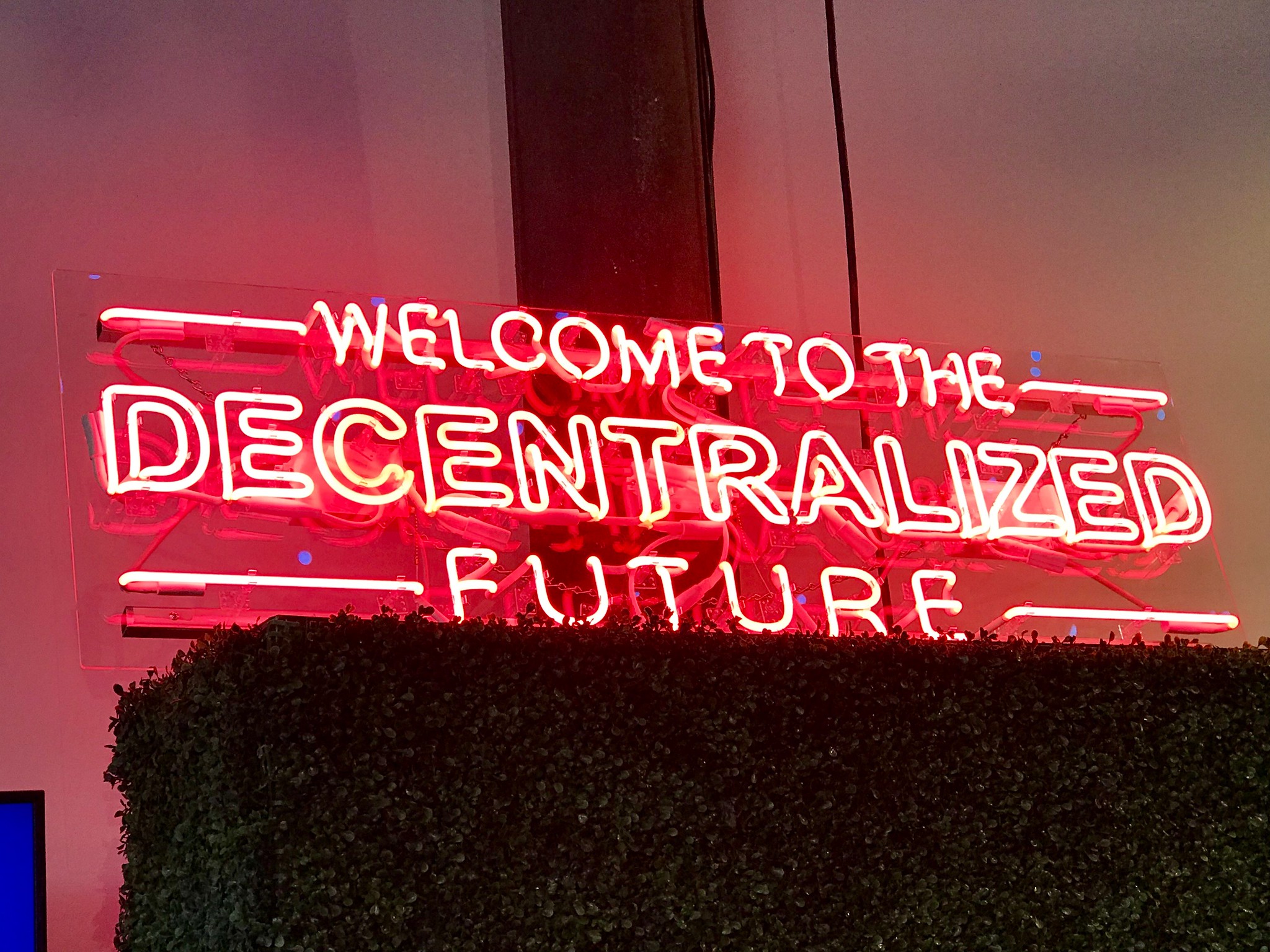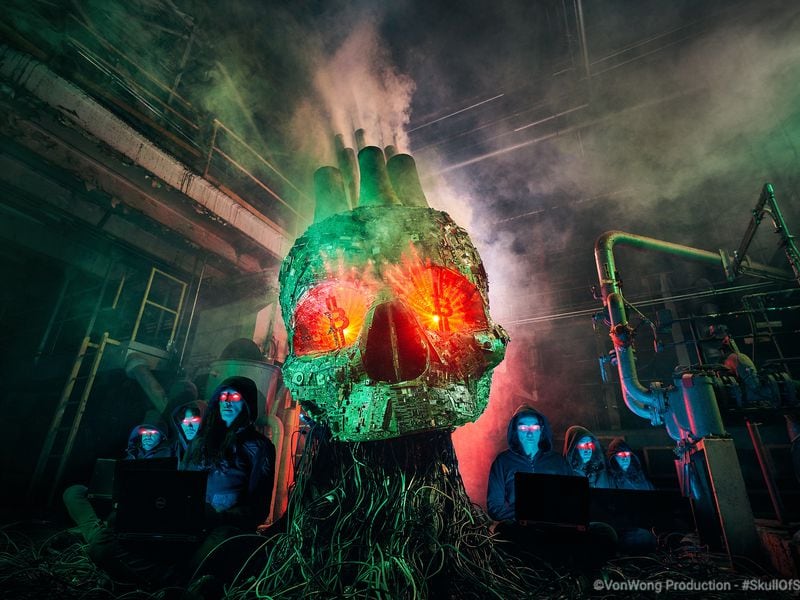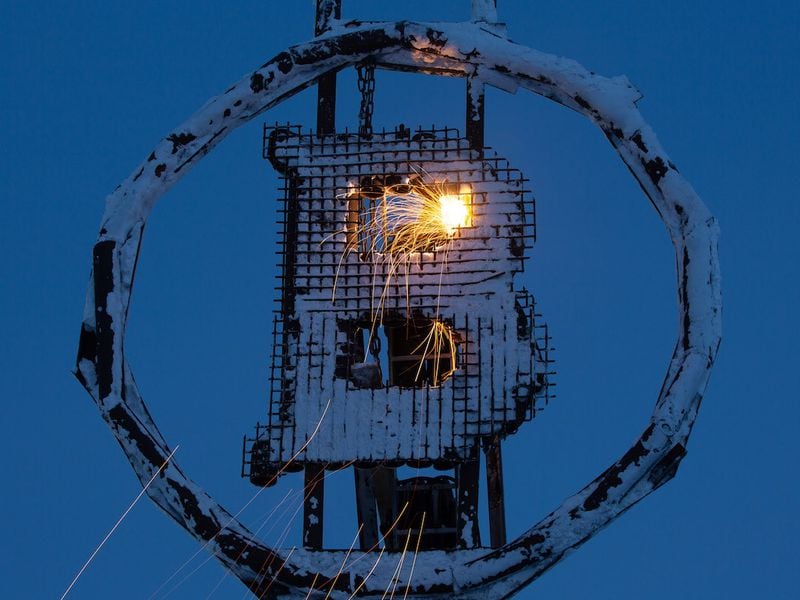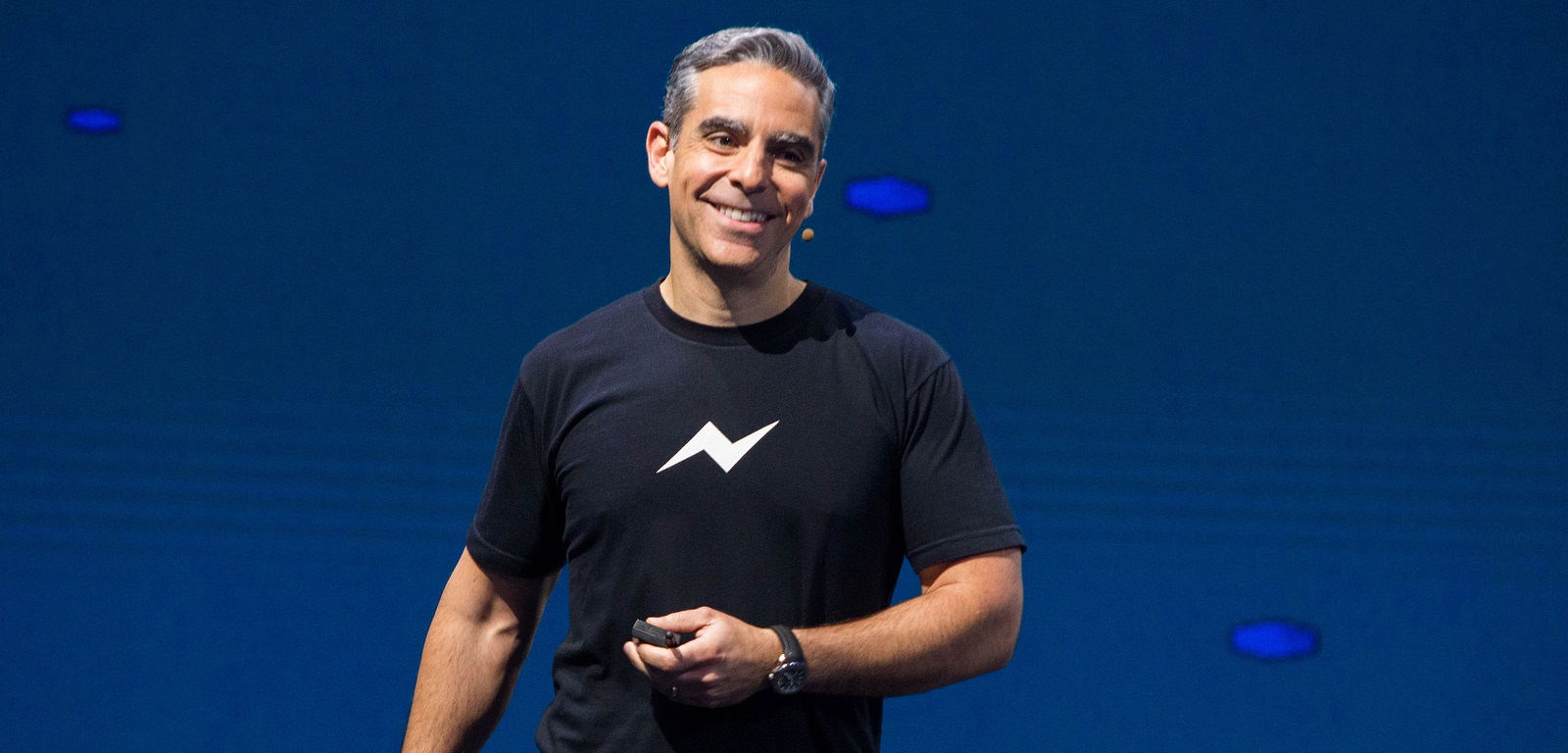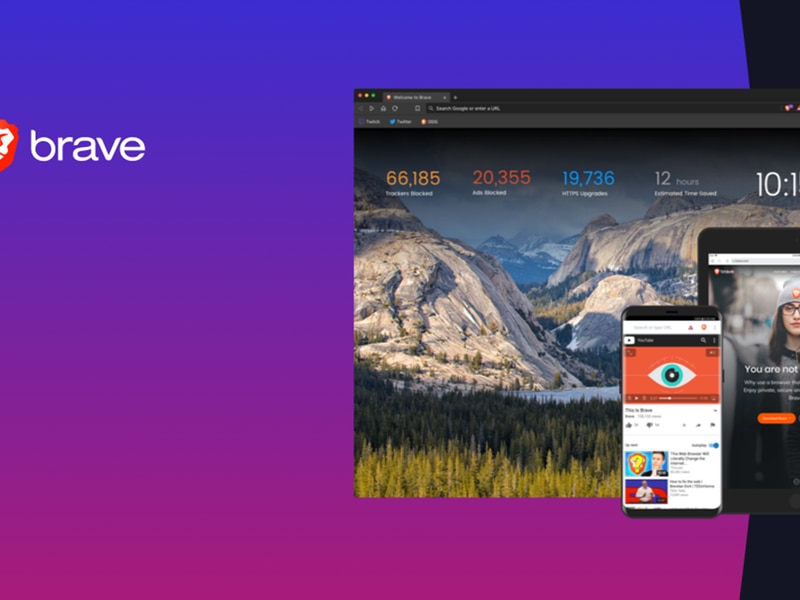Here’s Why XRP Whales May Prefer U.S. Exchanges Over Offshore Venues
-
XRP’s order book on U.S. exchanges is 30% more liquid than offshore platforms.
-
The greater the liquidity or market depth, the easier to execute large transactions at stable prices.
XRP is having its moment not just in terms of price rally but also enhanced liquidity on U.S. exchanges, a positive development for whales looking to trade large quantities at stable prices stateside.
As of Thursday, U.S. exchanges, including Nasdaq-listed Coinbase (COIN) and Kraken, boasted a 1% market depth of $1.12 million, offering 30% greater order book liquidity than offshore exchanges like Binance and OKX, according to data tracked by CCData.
In other words, a trade transaction worth at least $1.12 million must go through U.S. exchanges to move the spot price by 1% in either direction. A relatively smaller amount could do the same on offshore exchanges.
The 1% market depth on U.S. avenues has increased 53% since July last year, outpacing the 43.2% improvement on offshore platforms.
Market depth refers to the market’s capacity to handle large buy and sell orders without causing significant fluctuation in the concerned asset’s going market price. The depth is quantified by analyzing the number of active buy and sell orders at various price levels.
The 1% depth, which focuses on orders within the 1% range of the currency market rate, is widely used to assess liquidity conditions. The greater the depth, the easier it is to execute large orders with minimal slippage and vice versa.
:format(jpg)/cloudfront-us-east-1.images.arcpublishing.com/coindesk/MIJZMC4Z6RC3VI6IHOTGFACGCM.png)
Trading volume in XRP markets offered by U.S. exchanges has also picked up, although offshore exchanges remain dominant. U.S. platforms’ now account for 14% of the global XRP volume, matching the levels seen four years ago, according to Paris-based Kaiko.
The relative improvement in trading conditions on the U.S. exchanges likely stems from dwindling regulatory uncertainty.
“Since last year’s landmark court ruling, which granted Ripple Labs a partial victory against the SEC, demand for XRP in U.S. markets has grown steadily,” Kaiko said in a weekly note.
Last year, fintech company Ripple scored a partial victory in its long-pending battle against the Securities and Exchange Commission after a court ruled that Ripple’s Institutional sales of the XRP, and not sales to retail investors, amounted to an unregistered securities offering. The regulator sued Ripple for violating securities law in late 2020, leading to the XRP price crash and prompting the U.S. exchanges to delist the token.
Early this week, a federal court imposed a $125 million penalty on Ripple for its institutional sales of XRP. The amount, however, fell well short of the $2 billion the SEC had sought, sending XRP’s price higher by 20%.
Editado por Parikshit Mishra.
Disclosure
Tenga en cuenta que nuestra
política de privacidad,
condiciones de uso,
cookies,
y
no vender mis datos personales
ha sido actualizada
.
CoinDesk es un
galardonado
medio de comunicación que cubre la industria de la criptomoneda. Sus periodistas siguen un
conjunto estricto de políticas editoriales.
En noviembre de 2023
, CoinDesk fue adquirido
por el grupo Bullish, propietario de
Bullish,
un intercambio de activos digitales regulado. El grupo Bullish es mayoritariamente propiedad de
Block.one; ambas empresas tienen
intereses
en una variedad de negocios de blockchain y activos digitales y tenencias significativas de activos digitales, incluido bitcoin.
CoinDesk opera como una subsidiaria independiente con un comité editorial para proteger la independencia periodística. Los empleados de CoinDesk, incluidos los periodistas, pueden recibir opciones en el grupo Bullish como parte de su compensación.
:format(jpg)/s3.amazonaws.com/arc-authors/coindesk/31d39a34-26a1-4e78-a5da-d5cf54a9d695.png)


